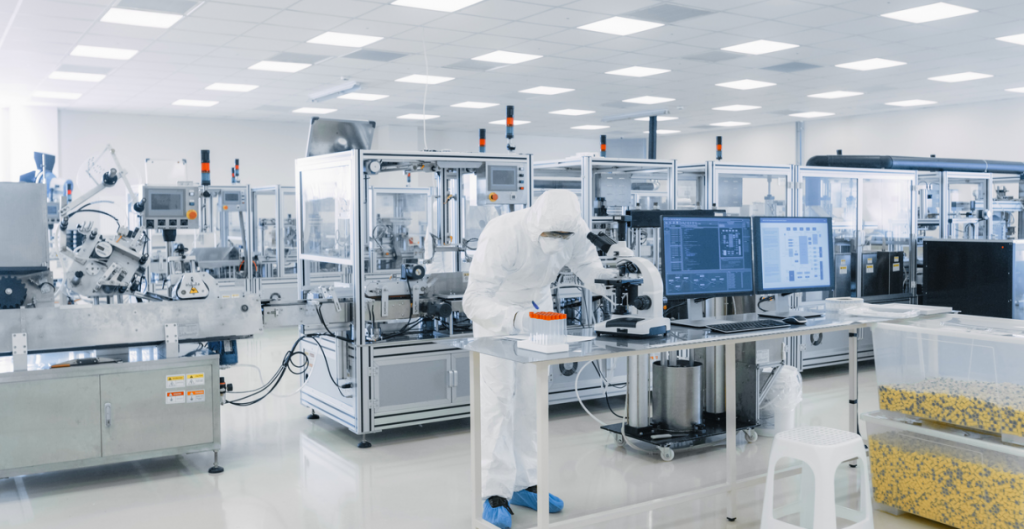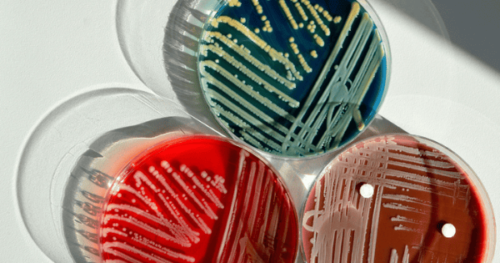Introduction:
In the field of life science, harnessing the potential of cells for production purposes has revolutionized medicine, biotechnology, and various industries. At the forefront of this innovation is the concept of a cell factory, a dynamic system that leverages the extraordinary capabilities of cells to produce valuable compounds. In this blog, we will explore the concept of a cell factory and its profound impact on advancing scientific discoveries and industrial applications.
Understanding Cell Factories:
A cell factory refers to a specialized system in which cells are engineered or manipulated to efficiently produce desired molecules, such as proteins, enzymes, pharmaceuticals, and biofuels. It harnesses the unique abilities of cells to serve as miniature production units, capable of synthesizing complex compounds with precision and efficiency.
Engineering Cellular Production:
Cell factories involve genetic engineering techniques to modify cells, introducing specific genes or genetic pathways to optimize production. Scientists can manipulate the genetic material of cells to enhance their production capabilities, alter metabolic pathways, or introduce novel functions. This engineering process empowers cells to become proficient manufacturers of target molecules.
Industrial Applications:
Cell factories have profound implications across diverse industrial sectors. In medicine, cell factories play a crucial role in the production of therapeutic proteins, antibodies, and vaccines. They enable the large-scale synthesis of valuable pharmaceuticals that are vital for treating diseases and improving human health.
In biotechnology, cell factories are used to manufacture enzymes, biofuels, and various biochemicals. By harnessing the metabolic potential of cells, these factories contribute to sustainable practices, renewable energy, and the development of greener alternatives.
Microbial Cell Factories:
Microorganisms, such as bacteria and yeast, are often used as cell factories due to their ease of cultivation, rapid growth, and well-characterized genetic systems. Through genetic engineering, microbial cell factories can be designed to produce specific compounds, enabling the cost-effective and scalable production of diverse products.
Mammalian Cell Factories:
Mammalian cells, including mammalian cell lines, are valuable tools in producing complex molecules such as therapeutic proteins and antibodies. Mammalian cell factories offer advantages in terms of post-translational modifications, folding, and functionality, making them suitable for manufacturing biopharmaceuticals with high biological activity and safety.
Cell Factory Optimization:
Optimizing cell factories involves fine-tuning various factors to maximize production efficiency. This includes optimizing growth conditions, nutrient availability, culture media, and bioprocess parameters such as temperature, pH, and oxygen levels. Continuous research and development efforts aim to enhance cell factory performance and increase production yields.
Future Prospects:
As technology advances, cell factories hold even more promise for the future of life science research and industrial applications. Novel genetic engineering tools, advanced analytics, and automation are transforming the field, enabling faster and more precise modifications to cells and streamlined production processes. Cell factories have the potential to revolutionize personalized medicine, regenerative therapies, and sustainable biomanufacturing.
Conclusion:
Cell factories represent a groundbreaking paradigm in life science research and industrial applications. By harnessing the innate abilities of cells, we can engineer them to become powerful production platforms for a wide range of valuable compounds. From pharmaceuticals to biofuels, cell factories pave the way for sustainable practices, advanced therapies, and a brighter future in the field of life sciences.
In the dynamic landscape of life science, cell factories unlock the potential of cellular production, offering new horizons for scientific discoveries, industrial innovations, and the betterment of society as a whole.
Website : https://gvsmalaysia.com.my/



